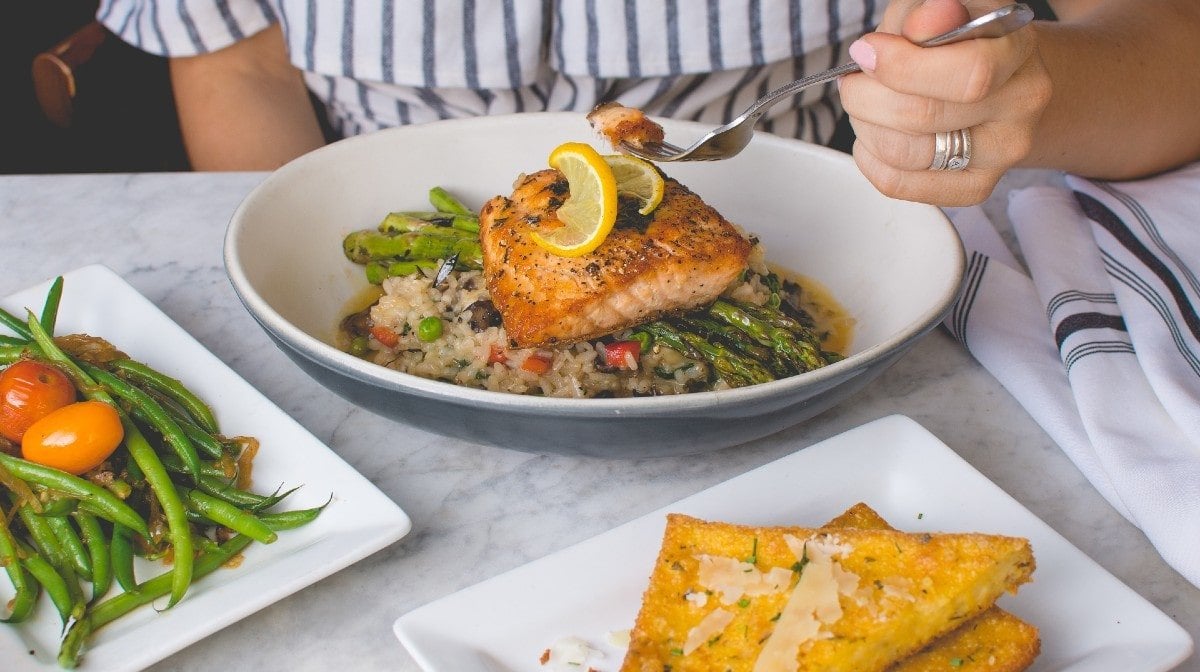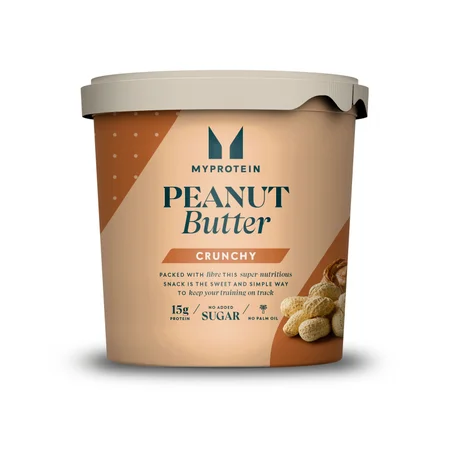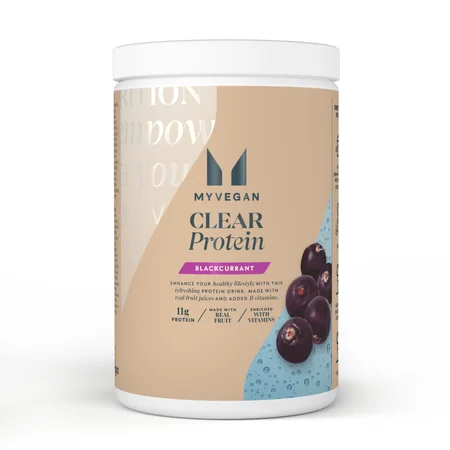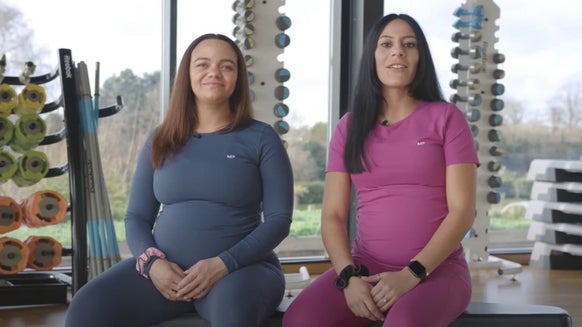What Is A Pescatarian & What Foods Can They Eat?

The pescatarian diet is a pretty popular choice, allowing fish and dairy but excluding any meat. But what actually is a pescatarian diet? And how could it benefit you? This article will go through all of that, and give you some recipe ideas too if you fancy giving the diet a go.
What Is A Pescatarian?
With the aim of providing a number of health benefits whilst also helping the environment, a pescatarian diet is predominately made up of plant sources and fish. It's thought of as an extension of a vegetarian diet but unlike a completely veggie diet, protein targets might be a little easier to hit due to the protein content of fish being higher.

Why Do People Follow A Pescatarian Diet?
To help reduce their carbon footprint
The inefficiencies of growing crops for animal feed and the methane emitted by the animals mean animal food sources result in a significantly higher carbon footprint than plant sources.2
Not all meat produces the same amount of greenhouse gas emissions with beef and lambbeing the worst culprits.3
Some fish can also have a high carbon footprint and farmed salmon has a similar carbon footprint to chicken and turkey. 3 However, the majority of a pescatarian diet is made up of plant sources and plants have a substantially lower carbon footprint than meat and fish.3
So what effects a food's carbon footprint? It can be things such as storage, cooking, transport and wastage of food. For example, if a vegetable is out of season and has to imported this will increase its carbon footprint. Therefore, a pescatarian diet is not a sure fire way to reduce the carbon footprint of your diet.
If you’re looking to improve the sustainability of your diet, look for foods in season, produced locally and reduce your amount of food wastage.

To improve health
Whichever diet you follow, it’s important to include enough plant-based food sources like vegetables and fruits. This will increase your dietary fibre and micronutrient intake. The same goes for the pescatarian diet.
With a pescatarian diet being made up of mostly plants and healthy, oily fish, this has several benefits to health, like improving your levels of omegas, healthy fats, and micronutrients from fruit and veg.
To help lose weight
Reducing meat intake may reduce that amount of saturated fat in your diet. With fat being the most calorific macronutrient (9kcals per gram compared to 4kcals/gram in protein and carbohydrate), this may help to bring your overall calorie content down. Being in a long-term calorie deficit is the key to successful weight loss so over time this may increase weight loss.
With that said, it is still possible to over consume calories on a pescatarian diet, as it is on most diets, so if reduction of body fat is the goal, it is important to still roughly monitor your calorie intake.
What Can You Eat On A Pescatarian Diet?
Dairy (although some pescatarians exclude dairy sources) Fish Fruits Grains and Seeds Legumes - Shellfish
- Vegetables
Fish Recipes For Pescatarians
Spicy Cajun Salmon
- 3 cloves garlic (roughly chopped)
- 1 lemon (sliced into very thin rings)
- 3 wild salmon fillets
- 1.5 tbsp. cajun seasoning (or to make your own, mix a pinch of salt, pepper, garlic powder, onion powder, cayenne pepper, paprika, dried oregano and thyme together)
- 1 tbsp. olive oil
- 1 tsp. coarse sea salt and black pepper
- 180g (dry weight) couscous
- 10-12 stems tender stem broccoli
- 2 courgettes
Homemade Fish Finger Sandwich
- 2 cod fillets
- Pinch salt & black pepper
- 100 g breadcrumbs
- 50 g plain flour
- 2 free-range eggs, beaten
- 1 tbsp. coconut oil
- 1 large tbsp. light mayonnaise
- Zest of 1 lemon
- Squeeze of lemon juice
- 2 tbsp. chopped parsley
- 4 thick slices of bread (or pitta for a lighter option)
- Handful mixed leaf salad
- Handful cherry tomatoes
Pesto Salmon
- 4 salmon fillets
- Pesto
- 400g mangetout
- 400g broccoli
- Bunch of asparagus
- 300g cherry tomatoes
- Olive oil
- Salt
- Pepper
Oregano
What are the benefits of eating fish?
Protein intake
Fish is high in protein which is a really important macronutrient for satiety and muscle mass.4 Increasing satiety (feeling of fullness after a meal) may help to reduce snacking and make it easier to stick to an energy restricted diet.4
Muscle mass is also important for long term weight loss progress and a number of physiological functions such as strength, metabolic control and aesthetics. 4
Omega-3s
Oily fish such as salmon and mackerel are great source of omega 3 which has been linked to improved cardiovascular function and a range other health benefits such glucose tolerance and reduced blood pressure.5
Low in calories
White fish like and cod and haddock are low in calories whilst still providing a high protein content. For example, 100g of cod will provide 20g of protein for just 82kcals.
Keeping energy intake below energy expenditure will result in a negative energy balance which is key for long term weight loss progress.
Micronutrient content
Fish and shellfish provide a range of healthy vitamins and minerals which can often be lacking in a traditional vegetarian diet. These include calcium, vitamin b12 and Iron.
Are there any drawbacks to a pescatarian diet?
Ethical considerations of fish farming
Many people follow a vegetarian based for ethical reasons. However, there are growing concerns regarding environmental sustainability of fish.
Try to buy fish that is sourced sustainably by keeping an eye out for MSC (Marine Stewardship Council) logo on food label.
Pollutants
Oily fish can contain pollutants that build up in the body. Due to this, it is recommended by the NHS that oily fish portions are limited to no more than two portions of oily fish a week for women who are pregnant or are planning pregnancy.6
Costly
Wild caught fish and seafood is not cheap and including regular portions of fish can make your daily diet expensive making it hard to stick to long term.
Take Home Message
A pescatarian diet may help increase your health whilst being beneficial to the environment (providing additional measures are taken such as picking seasonal, local fruit and vegetables). It provides many of the benefits of a predominately plant based or vegetarian diet, however, including fish should make it easier to maintain an optimal amount of protein in your diet.
Caution should be taken with how much oily fish is consumed (especially pregnant women) and ensure a wide variety of plant sources are included to prevent the risk of nutrient deficiencies with a key focus on iron and B vitamins.
READ THESE NEXT:

Liam is a certified sport nutritionist with the International Society of Sport Nutrition and is enrolled on the British Dietetics Association’s Sport and Exercise Nutrition register. He has a Bachelor’s of Science in Sport and Exercise Science and is graduate of the ISSN Diploma in Applied Sport and Exercise Nutrition.
Liam is an experienced personal trainer, helping clients reach their health and fitness goals with practical, evidence informed exercise and nutrition advice. In his spare time Liam has competed in numerous powerlifting competitions and enjoys hill walking, football and expanding his recipe repertoire in the kitchen.Find out more about Liam's experience here.
- Fao.org. 2021. FAO – News Article: Key FactsAndFindings. [online] Available at: http://www.fao.org/news/story/en/item/197623/icode/> [Accessed 5 January 2021].
- Scarborough, P., Appleby, P.N.,Mizdrak, A. et al. “Dietary greenhouse gas emissions of meat-eaters, fish-eaters, vegetarians and vegans in the UK.” Climatic Change 125, 179–192 (2014). https://doi.org/10.1007/s10584-014-1169-1
- Poore, J. and Nemecek, T., 2018. “Reducing food’s environmental impacts through producers and consumers.” Science, 360(6392), pp.987-992.
- Key TJ, Fraser GE, Thorogood M, Appleby PN,BeralV, Reeves G, Burr ML, Chang-Claude J, Frentzel-Beyme R, Kuzma JW, Mann J, McPherson K. “Mortality in vegetarians and non-vegetarians: a collaborative analysis of 8300 deaths among 76,000 men and women in five prospective studies.” Public Health Nutr. 1998 Mar;1(1):33-41. doi: 10.1079/phn19980006. PMID:10555529.
- Jäger, R., Kerksick, C.M., Campbell, B.I. et al. International Society of Sports Nutrition Position Stand: protein and exercise. J Int Soc SportsNutr 14, 20 (2017). https://doi.org/10.1186/s12970-017-0177-8
- GammoneMA, Riccioni G, Parrinello G, D'Orazio N. “Omega-3 Polyunsaturated Fatty Acids: Benefits and Endpoints in Sport.” Nutrients. 2018;11(1):46. Published 2018 Dec 27. doi:10.3390/nu11010046
- nhs.uk. 2021. “Fish And Shellfish.” [online] Available at: <https://www.nhs.uk/live-well/eat–well/fish-and-shellfish-nutrition/> [Accessed 5 January 2021].









